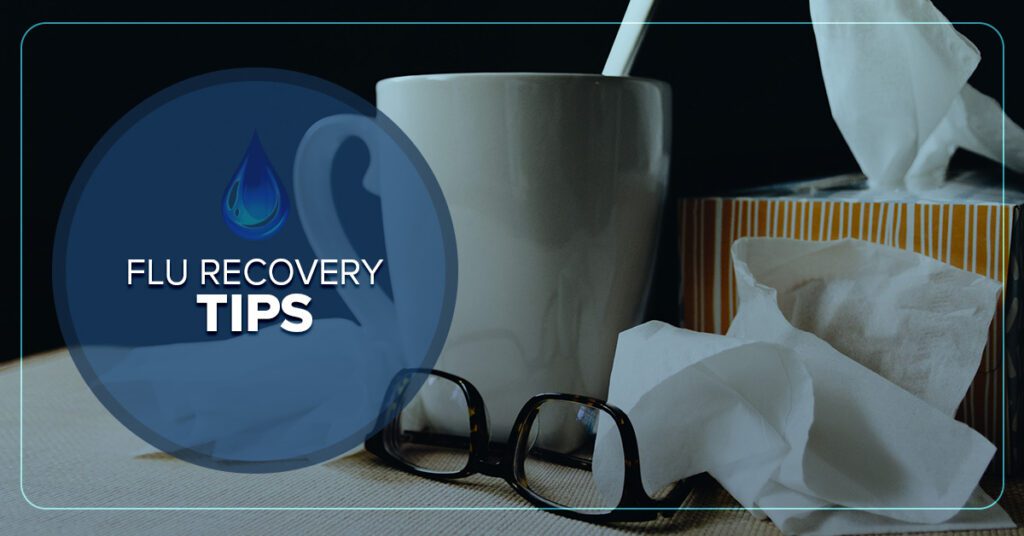Tips & Tricks to Workout in the Altitude in Colorado Springs

High altitude is one of the major things that sets Colorado apart from other states. Visitors certainly become aware of the change upon arrival. Performance athletes often run or train in the Colorado altitude, as the high elevation can help them perform better at lower elevations.
Think back to the last time you went to a Broncos, Nuggets, or Avalanche game (if ever). Prior to game time, the public address announcer often warns the visiting team about the possible negative effects of playing at elevation. Granted, it’s mainly a tactic of intimidation. But altitude sickness is absolutely real and can have an impact on performance.
So if you’re new to the state and have always maintained an active lifestyle, it’s a good idea to familiarize yourself with the following altitude training tips.
Tips to Train in Altitude in Colorado Springs
- Run slowly at first – The city of Colorado Springs sits at an elevation of more than 6,000 feet above sea level. It’s probably not the best idea to sprint right out of the gate (literally and figuratively). Don’t be surprised if you’re gasping for breath on even the smallest hill. So listen to your body, take the occasional break, and go slowly. Running in the Colorado altitude can seriously drain you if you aren’t yet acclimated to the elevation, so be sure you’re well prepared before heading out.
- Take more rest between intervals – It’s always a good idea to increase exercise-recovery ratios when training at altitude. Research indicates that for every minute of high-intensity physical activity, you take two minutes to recover. Maybe you’re thinking, “I have particular times and benchmarks to maintain. I don’t have time to rest.” Here’s the thing: each athlete responds to altitude differently. The last thing you want is to put yourself in a bad situation because you didn’t take a breather.
- Get more sleep – The free radical damage and thin air of Colorado Springs makes it more difficult to recover and sleep. Interestingly, those who train at altitude wake almost fives times as often as they do at sea level during the first three weeks. That’s why it’s important to go to bed earlier.
- Drink more fluids – The thin air causes your breathing to be more shallow and frequent. This can lead to greater fluid loss through the respiratory system. So make it a priority to carry water with you at all times and to drink about twice as much as you would at sea level.
- Try IV hydration treatment – Regardless of the elevation you’re training at, it’s imperative to stay hydrated. The human body isn’t capable of performing at optimal levels without proper hydration. This is where IV hydration therapy comes into play. This is one of the safest, quickest, and most effective ways to deliver vital vitamins to the body. The IV therapy clinics at Elevation Hydration have been helping top athletes from around the world perform their best for years. Level the playing field and discover the numerous advantages IV vitamin therapy can have for you!
Get Started with IV Hydration Treatment in Colorado
Our IV hydration clinics in Colorado Springs and Lakewood are proud to offer proven treatments for those ready to run in the high-elevation areas of Colorado
We have various IV hydration packages to help anyone ready to perform at the top level.
One of our best-selling IV hydration therapies, The Olympus, provides individuals with a mix of B-Complex vitamins, B-12 for energy, Toradol for aches and pains, and Calcium. This package is designed with the competitive athlete in mind. On the other hand, maybe you’re suffering from altitude sickness and could use a boost. Then be sure to ask about The Incline. It includes a combination of B-Complex vitamins and amino acids to help oxygenate muscles to fight fatigue.
Let Elevation Hydration team with you in your altitude training efforts. Schedule an appointment today and discover the best IV hydration therapy in Colorado!
Schedule A $78 Drip
Get Elevate, the most popular drip for first-timers, for only $78.
